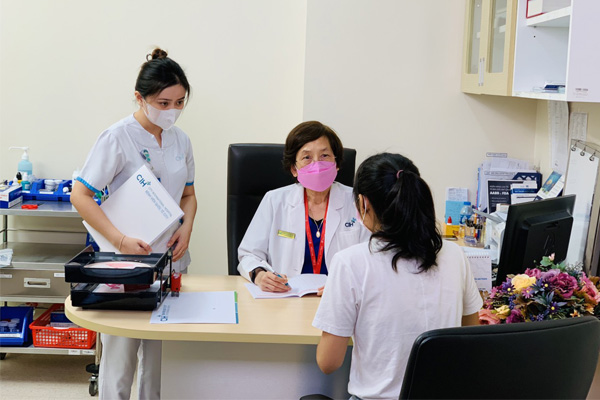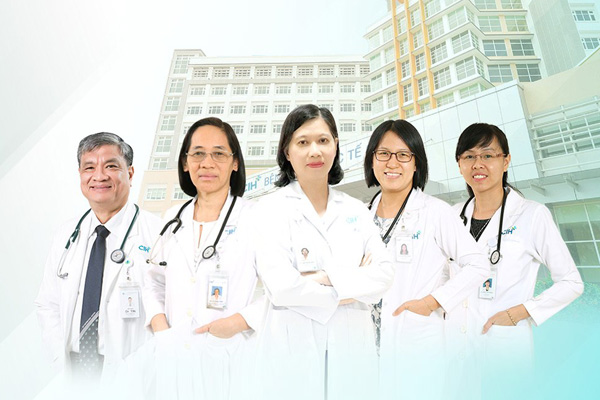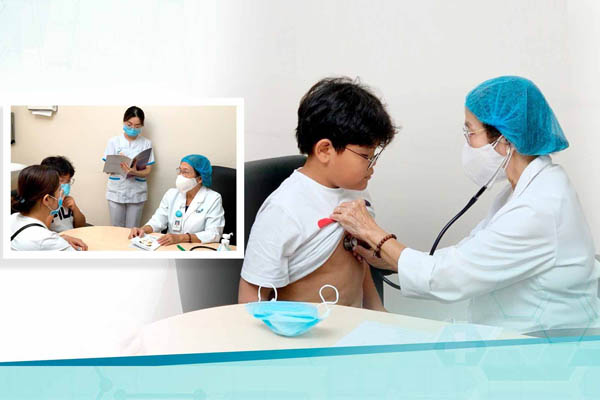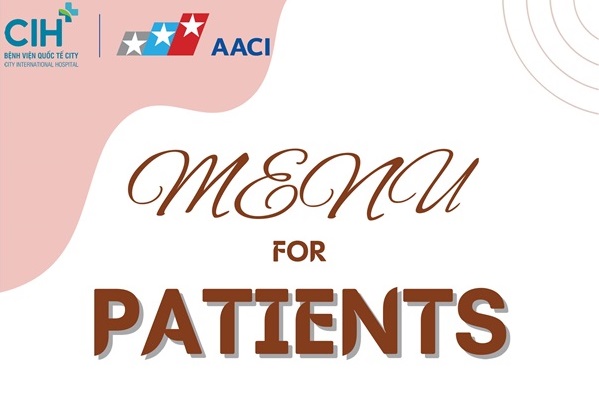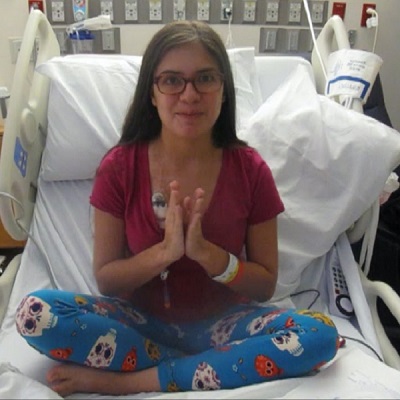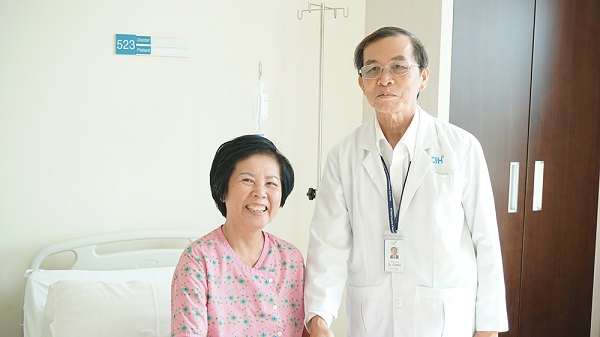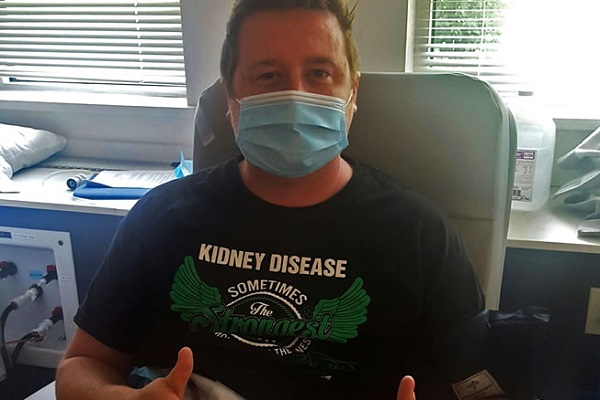“Sexually Transmitted Diseases (STDs) are infections that pass from one person to another through sexual contact, including vaginal, anal and oral sex. An STD may also be called a sexually transmitted infection (STI) or venereal disease (VD).
Facts and Information provided by Dr. Le Duc Tho - Dermatologist at City International Hospital
Lissted below are most common types of STDs and their causative organisms:
Bacterial
- Chancroid (Haemophilus ducreyi).
- Lymphogranuloma venereum (LGV) or Chlamydia (Chlamydia trachomatis).
- Donovanosis (Granuloma inguinale or Klebsiella granulomatis)
- Gonorrhea (Neisseria gonorrhoeae).
- Syphilis (Treponema pallidum).
Fungal
- Candidiasis or Thrush (Candida albicans)
- Ringworm (Tinea Corporis)
Viral
- Hepatitis B
- Herpes /HSV (Herpes Simplex Virus)
- Human Immunodeficiency Virus (HIV/AIDS)
- Human papillomavirus (HPV). Certain strains of HPV cause genital warts and other strains of HPV cause cervical dysplasias which can lead to cervical cancer, anal cancer, penile cancer and vulvar cancer.
- Water warts (Molluscum contagiosum).
Parasites
- Pubic lice (Phtirius pubis).
- Trichomonas vaginalis
- Scabies (Sarcoptes scabiei).

What you need to know about STDs
The sexually transmitted disease commonly known as chlamydia is caused by C. trachomatis. Many STIs are spread through contact with infected body fluids such as blood, vaginal fluids, or semen. They can also be spread through contact with infected skin or mucous membranes, such as penis, vagina, anus, rectum and urinary tract. Less commonly, STIs may be spread via surfaces of the respiratory tract (nose, mouth, and throat); eyes and broken skin.
Mucous membrane is soft tissue in the body which is not protected by skin, such as the inside of the mouth, vagina, urethra and the rectum. In an infected person, this is present in the mucous membranes at the infected site; meaning that when someone who isn’t infected comes into contact either directly with the mucous membrane, sperm or vaginal fluid of someone who is infected, it is possible for them to pick up the bacteria and develop chlamydia.
According to Safe Sex/statistics & numerical data, as with other types of sexual activity, oral sex carries the risk of STIs. It may be possible to get some STIs in the mouth or throat from giving oral sex to a partner with a genital or anal/rectal infection. Kissing is potentially possible for STI transmission via saliva, while evidence shows that the HIV virus is spread through the exchange of bodily fluids such as blood, semen and vaginal fluids, but not saliva.
Several common STDs can spread by rubbing skin on skin such as genital herpes, oral herpes and HPV. It’s important to remember that many infected individuals may be unaware of their infection because STDs often have no symptoms and are unrecognized. So you should always practice safer sex, or use condoms and other reliable method of reducing the risk of sexually transmitted infections. However, safe sex is still not worth the absolute protection
Epidemiology
Sexually transmitted diseases take a heavy toll throughout the world. However there are still communication barriers due to social and cultural norms in many parts of the world that patients have difficulty talking to health care providers to discuss sexual matters openly. Additionally, sexually transmitted disease is among infections that are becoming most difficult to treat due to antibiotic resistance.
Peak of the world AIDS crisis when tourism being blamed as playing a role in spreading Africa's AIDS to Europe and America started in late 1970s. HIV / AIDS is the biggest cause of death in sub-Saharan Africa today due to having less control over sexual relationships with no use of condoms. (Including hepatitis B, HIV,and HTLV-1). Hepatitis B, fungal infections, parasitic infections are also considered a sexually transmitted disease because it can be spread through sexual contact.
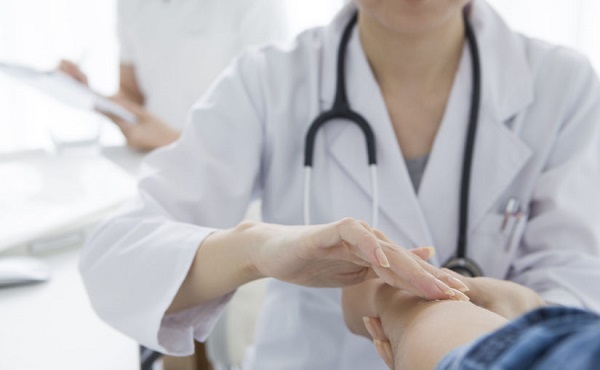
Prevention
The prevention and care of sexually transmitted diseases is an intervention which improves the health status of the population and prevents HIV transmission.
To prevent the spread of STDs through sexual contact:
- Avoid exposure to blood or other bodily fluids. For instance, individuals should wear rubber gloves when applying first aid to someone who is bleeding.
- Sex using a condom is the safest ways to prevent the spread of STDs. Condoms are known as barrier contraceptives, due to their presentation of a physical barrier to microbes. Although condoms are a great way to prevent STDs, incorrect condom use increases the chances of spreading STDs.
Condoms are a highly effective barrier contraceptive in preventing sexually transmitted infections, including HIV and unwanted pregnancy. But you must use condoms consistently and correctly every time you have sex. The condom should be put on when the penis is erect (hard) and before it comes into contact with your partner's body.
Male Condom Effectiveness:
- Do NOT stretch the condom too tightly over the skin, Leave 1.5 cm space at the tip of the condom to collect semen.
- Wear the Right Size Condom.
- Use a NEW condom for every act of vaginal, oral, and anal intercourse.
- Use ONLY condoms that are made from latex rubber, a synthetic rubber called polyisoprene, or a very thin plastic called polyurethane.
Vaccinations
There are vaccinations that can protect an individual from eventually developing some types of cancer that are caused by HPV and hepatitis B. Get immunized and checked for infections before sexual intercourse to make sure that the partner and yourself have no STDs.
STDs are really common, and lots of people who have them don’t have any symptoms. STDs can be dangerous, but the good news is that getting tested is no big deal, and most STDs are easy to treat. If you’ve had any type of sex, it’s a good idea to ask your healthcare provider about STD testing. Find out if you should be tested for STDs and what the tests involve by contacting our Dermatology Clinic
Patient service: (8428) 6280 3333, ext. 8191
? Address: No. 3, 17A Street, Binh Tri Dong B Ward, Binh Tan Dist. (Next to AEON Mall Binh Tan). Ho Chi Minh City.
? Website: https://cih.com.vn/en/
? Email: This email address is being protected from spambots. You need JavaScript enabled to view it.













